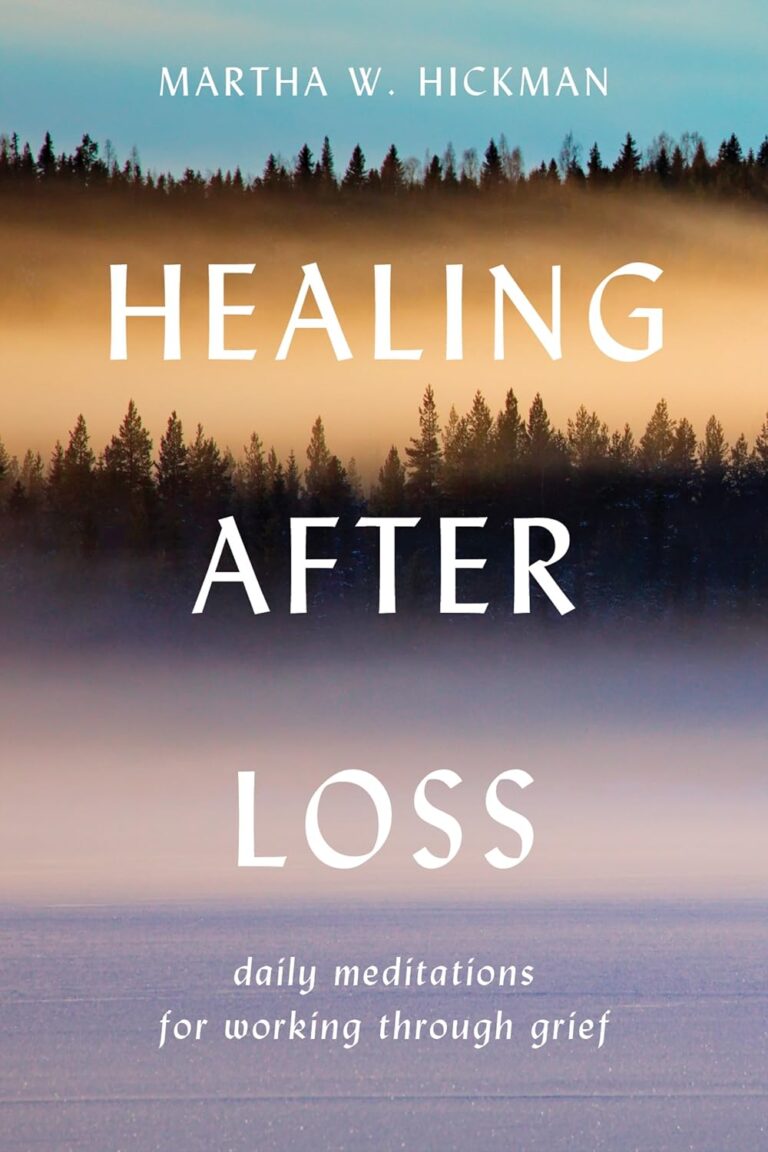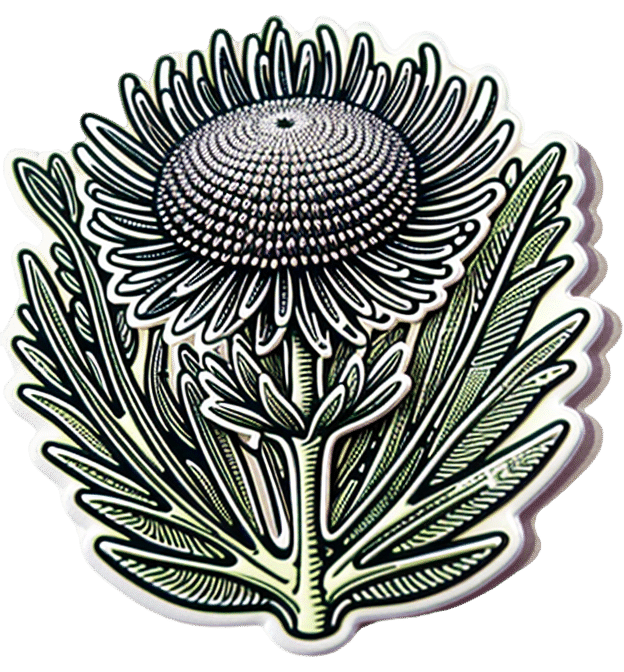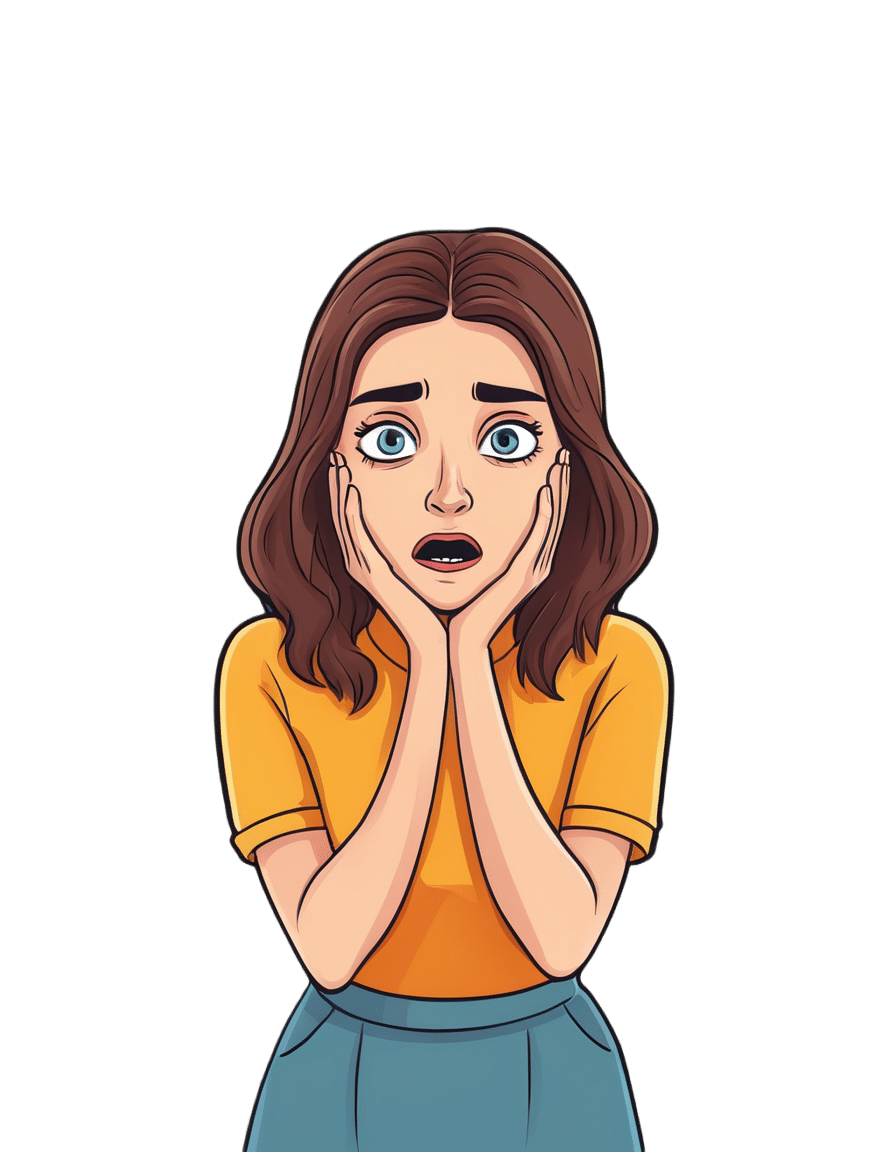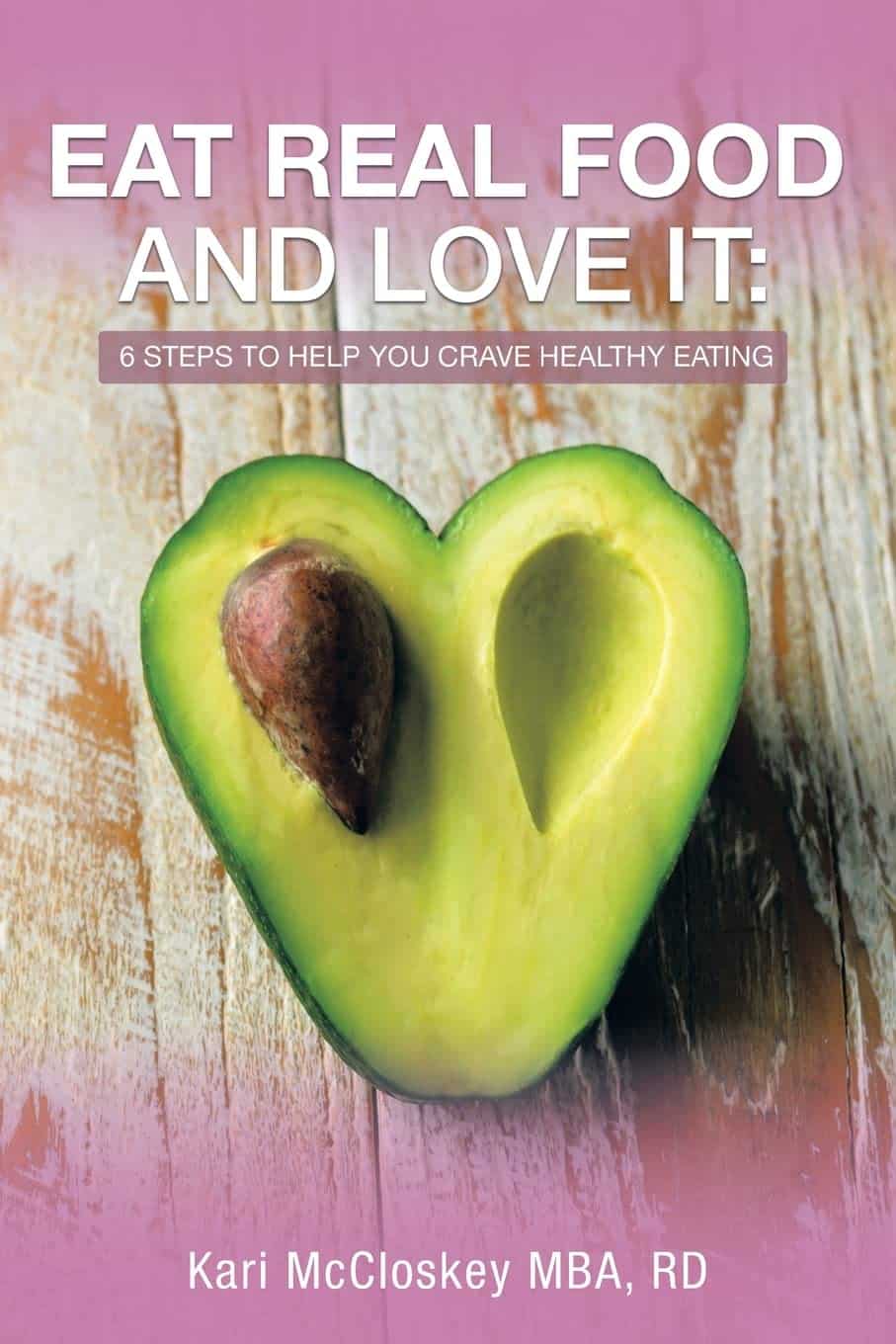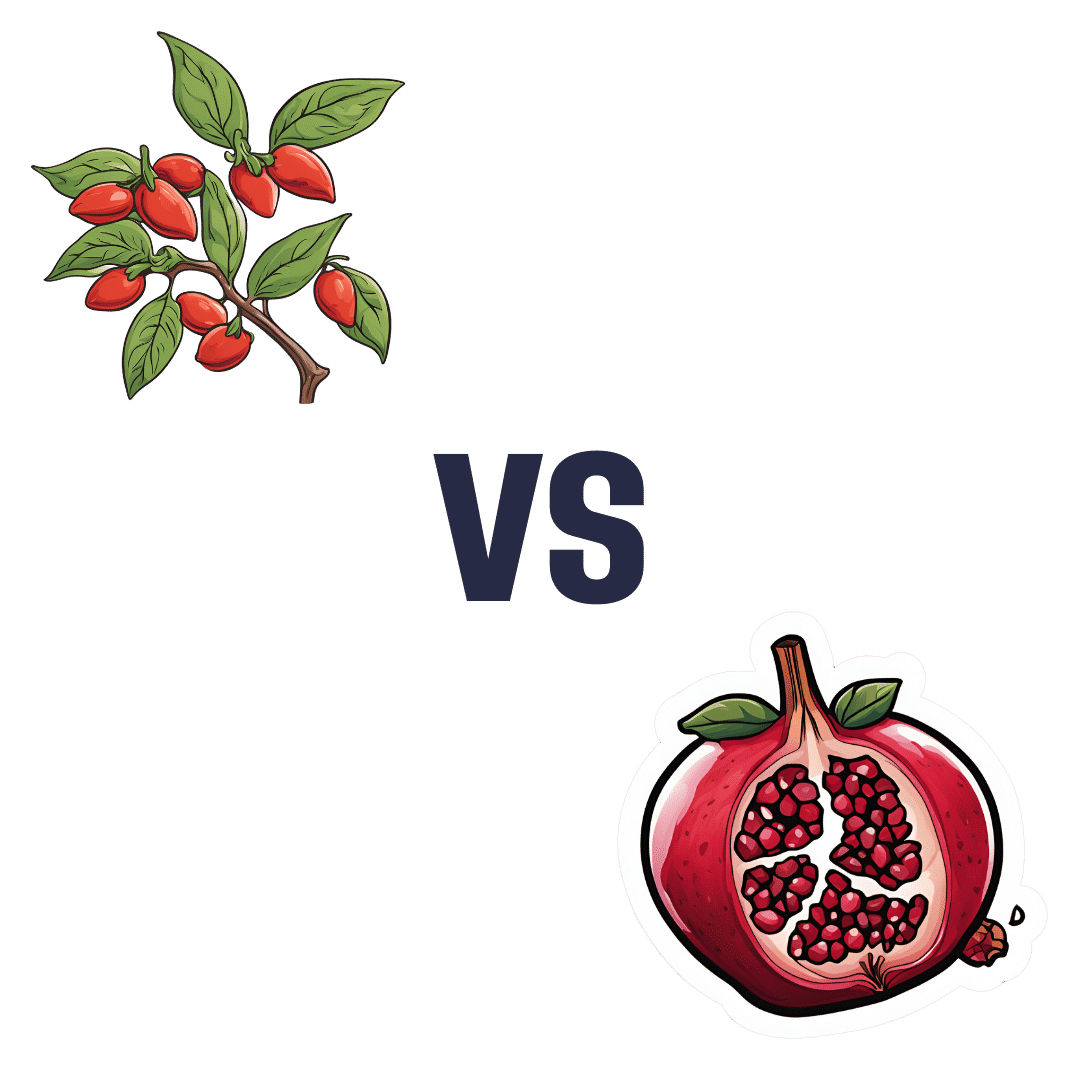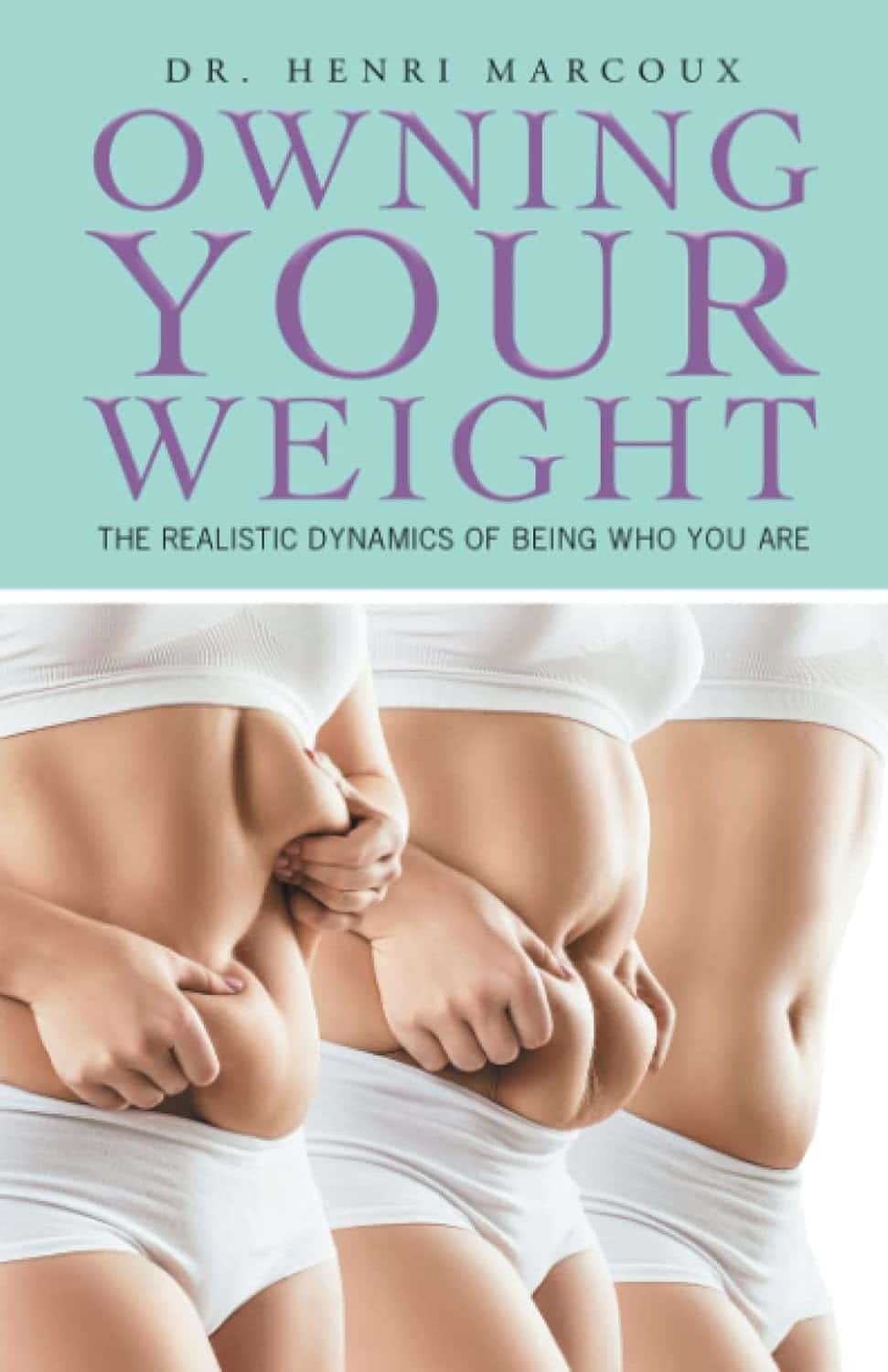
Owning Your Weight – by Henri Marcoux
10almonds is reader-supported. We may, at no cost to you, receive a portion of sales if you purchase a product through a link in this article.
A lot of diet books—which this isn’t—presuppose that the reader wants to lose weight, and varyingly encourage and shame the reader into trying to do so.
Dr. Henri Marcoux takes a completely different approach.
He starts by assuming we are—whether consciously or not—the weight we want to be, and looks at the various physical and psychological factors that influence us to such. Ranging from food poverty to eating our feelings to social factors and more, he bids us examine our relationship with food and eating—not just in the sense of mindful eating, but from multiple scientific angles too.
From this, Dr. Marcoux gives us questions and suggestions to ensure that our relationship with food and eating is what we want it to be, for us.
Much of the latter part of the book covers not just how to go about the requisite lifestyle changes… But also how to implement things in a way that sticks, and is a genuine pleasure to implement. If this sounds over-the-top, the truth is that it’s just because it honestly is a lower-stress way of living.
Bottom line: if you want to gain or lose weight, there’s a good chance this book will help you. If you want to be happier and healthier at the weight you are, there’s a good chance this book will help you with that, too.
Click here to check out Owning Your Weight, and take control of yours!
Don’t Forget…
Did you arrive here from our newsletter? Don’t forget to return to the email to continue learning!
Recommended
Learn to Age Gracefully
Join the 98k+ American women taking control of their health & aging with our 100% free (and fun!) daily emails:
-
Milk Thistle For The Brain, Bones, & More
10almonds is reader-supported. We may, at no cost to you, receive a portion of sales if you purchase a product through a link in this article.
“Thistle Do Nicely”
Milk thistle is a popular supplement; it comes from the milk thistle plant (Silybum marianum), commonly just called thistles. There are other kinds of thistle too, but these are one of the most common.
So, what does it do?
Liver health
Milk thistle enjoys popular use to support liver health; the liver is a remarkably self-regenerative organ if given the chance, but sometimes it can use a helping hand.
See for example: How To Undo Liver Damage
As for milk thistle’s beneficence, it is very well established:
- Milk thistle in liver diseases: past, present, future
- Hepatoprotective effect of silymarin
- Silybum Marianum and Chronic Liver Disease: A Marriage of Many Years
Brain health
For this one the science is less well-established, as studies so far have been on non-human animals, or have been in vitro studies.
Nevertheless, the results so far are promising, and the mechanism of action seems to be a combination of reducing oxidative stress and neuroinflammation, as well as suppressing amyloid β-protein (Aβ) fibril formation, in other words, reducing amyloid plaques.
General overview: A Mini Review on the Chemistry and Neuroprotective Effects of Silymarin
All about the plaques, but these are non-human animal studies:
- Mouse model: Silymarin attenuated the amyloid β plaque burden and improved behavioral abnormalities in an Alzheimer’s disease mouse model
- Rat model: Silymarin effect on amyloid-β plaque accumulation and gene expression of APP in an Alzheimer’s disease rat model
Against diabetes
Milk thistle improves insulin sensitivity, and reduces fasting blood sugar levels and HbA1c levels. The research so far is mostly in type 2 diabetes, however (at least, so far as we could find). For example:
Studies we could find for T1D were very far from translatable to human usefulness, for example, “we poisoned these rats with streptozotocin then gave them megadoses of silymarin (10–15 times the dose usually recommended for humans) and found very small benefits to the lenses of their eyes” (source).
Against osteoporosis
In this case, milk thistle’s estrogenic effects may be of merit to those at risk of menopause-induced osteoporosis:
If you’d like a quick primer about such things as what antiosteoclastic activity is, here’s a quick recap:
Which Osteoporosis Medication, If Any, Is Right For You?
Is it safe?
It is “Generally Recognized As Safe”, and even when taken at high doses for long periods, side effects are very rare.
Contraindications include if you’re pregnant, nursing, or allergic.
Potential reasons for caution (but not necessarily contraindication) include if you’re diabetic (its blood-sugar lowering effects will decrease the risk of hyperglycemia while increasing the risk of hypoglycemia), or have a condition that could be exacerbated by its estrogenic effects—including if you are on HRT, because it’s an estrogen receptor agonist in some ways (for example those bone benefits we mentioned before) but an estrogen antagonist in others (for example, in the uterus, if you have one, or in nearby flat muscles, if you don’t).
As ever, speak with your doctor/pharmacist to be sure.
Want to try it?
We don’t sell it, but here for your convenience is an example product on Amazon
Enjoy!
Share This Post
-
Miss Diagnosis: Anxiety, ADHD, & Women
10almonds is reader-supported. We may, at no cost to you, receive a portion of sales if you purchase a product through a link in this article.
It’s Q&A Day at 10almonds!
Have a question or a request? We love to hear from you!
In cases where we’ve already covered something, we might link to what we wrote before, but will always be happy to revisit any of our topics again in the future too—there’s always more to say!
As ever: if the question/request can be answered briefly, we’ll do it here in our Q&A Thursday edition. If not, we’ll make a main feature of it shortly afterwards!
So, no question/request too big or small
❝Why is ADHD so often misdiagnosed as anxiety in women?❞
A great question! A short and slightly flippant answer could be “it’s the medical misogyny”:
Women and Minorities Bear the Brunt of Medical Misdiagnosis
…and if you’d like to learn more in-depth about this, we recommend this excellent book:
Unwell Women: Misdiagnosis and Myth in a Man-Made World – by Dr. Elinor Cleghorn ← you can read our review here
However, in this case there is more going on too!
Part of this is because ADHD is, like many psychiatric issues, a collection of symptoms that may or may not all always be present. Since clinical definitions are decided by clinicians, rather than some special natural law of the universe, sometimes this results in “several small conditions in a trenchcoat”, and if one symptom is or isn’t present, it can make things look quite different:
What’s The Difference Between ADD and ADHD?
There are two things at hand here: as in the above example, there’s the presence or absence of hyperactivity, but also, that “attention deficit”?
It’s often not really a deficit of attention, so much as the attention is going somewhere else—an example of naming psychiatric disorders for how they affect other people, rather than the person in question.
Sidenote: personality disorders really get the worst of this!
“You have a deep insecurity about never being good enough, and you constantly mess up in your attempt to overcompensate? You may have Evil Bastard Disorder!”
“You have a crippling fear of abandonment and that you are fundamentally unloveable, so you do all you can to try to keep people close? You must have Manipulative Bitch Disorder!”
etc
See also: Why Everyone You Don’t Like Is A Narcissist
In the case of ADHD and anxiety and women, a lot of this comes down to how the redirection of focus is perceived:
❝For some time, it has been held that women with ADHD are more likely to internalize symptoms and become anxious and depressed and to suffer emotional dysregulation❞
This internalization of symptoms, vs the externalization more generally perceived in boys and men, is more likely to be seen as anxiety.
Double standards also abound for social reasons, e.g:
- He is someone who thinks ten steps ahead and covers all bases
- She is anxious and indecisive and unable to settle on one outcome
Here’s a very good overview of how this double-standard makes its way into diagnostic processes, along with other built-in biases:
Miss. Diagnosis: A Systematic Review of ADHD in Adult Women
Want to learn more?
We’ve reviewed quite a few books about ADHD, but if we had to pick one to spotlight, we’d recommend this one:
The Silent Struggle: Taking Charge of ADHD in Adults – by L. William Ross-Child, MLC
Enjoy! And while we have your attention… Would you like this section to be bigger? If so, send us more questions!
Share This Post
-
Eat Real Food and Love It – by Kari McCloskey
10almonds is reader-supported. We may, at no cost to you, receive a portion of sales if you purchase a product through a link in this article.
Half the battle of healthy eating is enjoying it—because once you do, it’s no longer a battle!
So that’s what this book focuses on. The author, a Registered Nutritionist, does indeed dispense nutritional advice, as you might expect, but also bids us pay attention to what nature’s foods do for us, and notice what less healthy foods take from us. She goes through these category by category, quite comprehensively, before moving on to the more “active” parts of the book.
There’s a lot about training our senses, and about taking a holistic approach to eating, as well as renewing not just our relationship with food, but also various other parts of our life that are inextricably linked to it (from sleep and exercise, to social considerations, and medical issues that healthier eating will help us to avoid or at least tame).
The style is… Joyful. Much like this reviewer, the author loves food, and it shows. She also (again much like this reviewer) cares deeply about the impact food has on her, and (for a third time: like this reviewer!) wants to share that joy and care with the reader. The priority is readability and helpfulness; scientific references are still provided wherever appropriate, though.
Bottom line: if you’d like to improve your eating but it seems like a chore, this book can help turn it into an excitingly enjoyable journey instead.
Click here to check out Eat Real Food And Love It, and eat real food and love it!
Share This Post
Related Posts
-
Sleeping on Your Back after 50; Yay or Nay?
10almonds is reader-supported. We may, at no cost to you, receive a portion of sales if you purchase a product through a link in this article.
Sleeping Differently After 50
Sleeping is one of those things that, at any age, can be hard to master. Some of our most popular articles have been on getting better sleep, and effective sleep aids, and we’ve had a range of specific sleep-related questions, like whether air purifiers actually improve your sleep.
But perhaps there’s an underlying truth hidden in our opening sentence…is sleeping consistently difficult because the way we sleep should change according to our age?
Inspired by Brad and Mike’s video below (which was published to their 5 million+ subscribers!), there are 4 main elements to consider when sleeping on your back after you’ve hit the 50-year mark:
- Degenerative Disk Disease: As you age, your spine may start to show signs of wear and tear, which directly affects comfort while lying on your back.
- Sleep Apnea and Snoring: Sleep Apnea and snoring become more of an issue with age, and sleeping on your back can exacerbate these problems; when you sleep on your back, the soft tissues in your throat, as well as your tongue, “fall back” and partly obstruct your the airway.
- Spinal Stenosis: Spinal Stenosis–the often-age-related narrowing of your spinal canal–can put pressure on the nerves that travel through the spine, which equally makes back-sleeping harder.
- GERD: The all-too-familiar gastroesophageal reflux disease can be more problematic when lying flat on your back, as doing so can allow easy access for stomach acid to move upwards.
Alternatives to Back Sleeping
Referencing the Mayo Clinic’s Sleep Facility’s director, Dr. Virend Somers, today’s video suggests a simple solution: sleeping on your side. The video goes into a bit more detail but, as you know, here at 10almonds we like to cut to the chase.
Modifications for Back Sleeping
If you’re a lifelong back-sleeping and cannot bear the idea of changing to your side, or your stomach, then there are a few modifications that you can make to ease any pain and discomfort.
Most solutions revolve around either leg wedges or pillow adjustments. For instance, if you’re suffering from back pain, try propping your knees up. Or if GERD is your worst enemy, a wedge pillow could help keep that acid down.
As can be expected, the video dives into more detail:
How was the video? If you’ve discovered any great videos yourself that you’d like to share with fellow 10almonds readers, then please do email them to us!
Don’t Forget…
Did you arrive here from our newsletter? Don’t forget to return to the email to continue learning!
Learn to Age Gracefully
Join the 98k+ American women taking control of their health & aging with our 100% free (and fun!) daily emails:
-
Goji Berries vs Pomegranate – Which is Healthier?
10almonds is reader-supported. We may, at no cost to you, receive a portion of sales if you purchase a product through a link in this article.
Our Verdict
When comparing goji berries to pomegranate, we picked the goji berries.
Why?
Both fruits with substantial phytochemical benefits, but…
In terms of macros, goji berries have a lot more protein, carbs, and fiber, the ratio of which latter two brings the glycemic index to the same place as pomegranate’s—specifically, that eating either of these will not raise a person’s blood glucose levels. We thus call this a win for goji berries, as the “more food per food” option.
In the category of vitamins, goji berries have a lot more of vitamins A, B3, B6, and C, while pomegranate is not higher in any vitamins.
When it comes to minerals, goji berries have more calcium, iron, magnesium, selenium, and zinc, while pomegranate has more copper. Another win for goji berries here.
With regard to those phytochemical benefits we talked about; it’s worth noting that they come in abundance in goji berries, while in pomegranates, most of the benefits are in the peel, not the flesh/seeds that people most often eat. So, again goji berries win.
Adding up the sections makes for an easy win for goji berries today.
Want to learn more?
You might like to read:
- Goji Berries: Which Benefits Do They Really Have?
- The Sugary Food That Lowers Blood Sugars ← this is about goji berries
- Pomegranate’s Health Gifts Are Mostly In Its Peel
Take care!
Don’t Forget…
Did you arrive here from our newsletter? Don’t forget to return to the email to continue learning!
Learn to Age Gracefully
Join the 98k+ American women taking control of their health & aging with our 100% free (and fun!) daily emails:
-
The Best 4 Pool Exercises to Strengthen Your Core & Tone Up
10almonds is reader-supported. We may, at no cost to you, receive a portion of sales if you purchase a product through a link in this article.
A lot of people don’t love working on their core strength, but exercising in the pool can make it a lot more enjoyable, as well as minimizing risk of injury.
Dr Alyssa Kuhn, arthritis specialist, also advises “being in the water also helps to control for balance and can offload the joints so they aren’t as painful”:
The gentlest exercise
The specific exercises she recommends are:
Wood Chops
Stagger your feet, clasp your hands, and submerge them in the water. Now, move your hands diagonally from one side to the other. This engages your core and balance using water resistance. Perform 10–20 reps per side, exhaling on the hardest part.
Front Kick with Opposite Arm Press
Kick one leg forward while pushing the opposite arm out or overhead—higher kicks increase difficulty by requiring more balance. If balance isn’t sufficient for you yet, hold onto the pool wall if needed. Either way, engage the core to lift the leg. Do 20–30 reps alternating sides.
Wall Push-Ups
Place your hands on the pool wall, shoulder-width apart. Keep feet together and hips slightly tucked for core engagement. Next, move your chest toward the wall and push back while maintaining a straight body—avoid arching your back. Do 10–20 reps.
Arm Circles
Stand with your feet wider than shoulder-width. Clasp your hands, extend your arms, and submerge them in the water. Make large circular motions for resistance training. This can be done with straight or bent arms for different difficulty levels. Do 10–20 circles in each direction.
For more on each of these plus visual demonstrations, enjoy:
Click Here If The Embedded Video Doesn’t Load Automatically!
Want to learn more?
You might also like to read:
Osteoporosis & Exercises: Which To Do (And Which To Avoid)
Take care!
Don’t Forget…
Did you arrive here from our newsletter? Don’t forget to return to the email to continue learning!
Learn to Age Gracefully
Join the 98k+ American women taking control of their health & aging with our 100% free (and fun!) daily emails:

